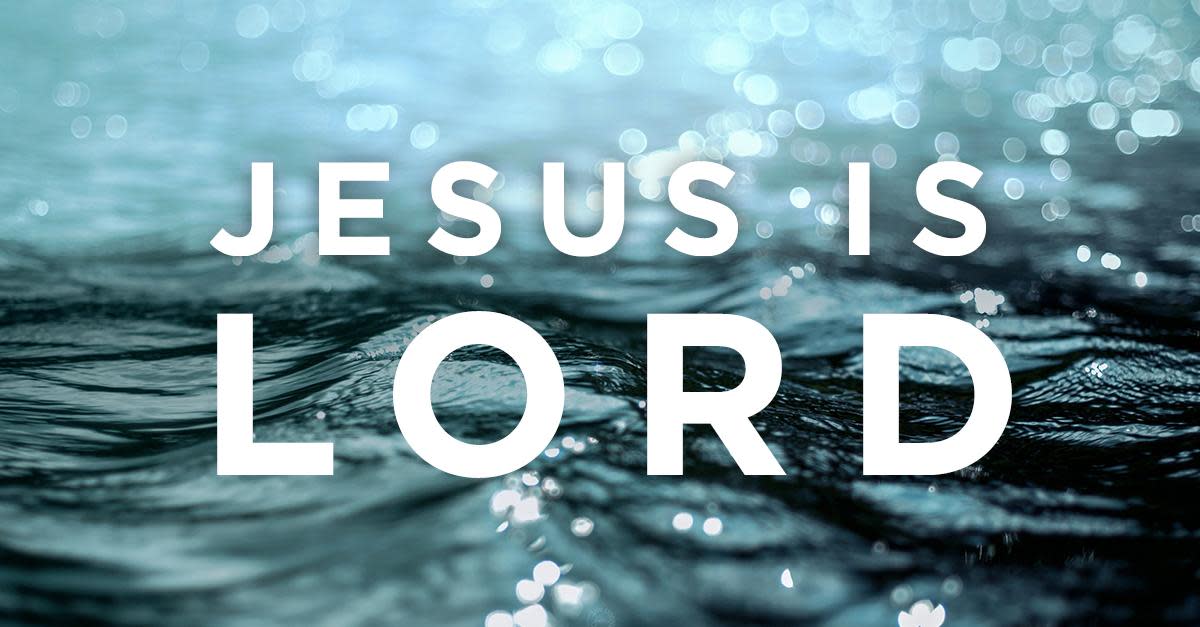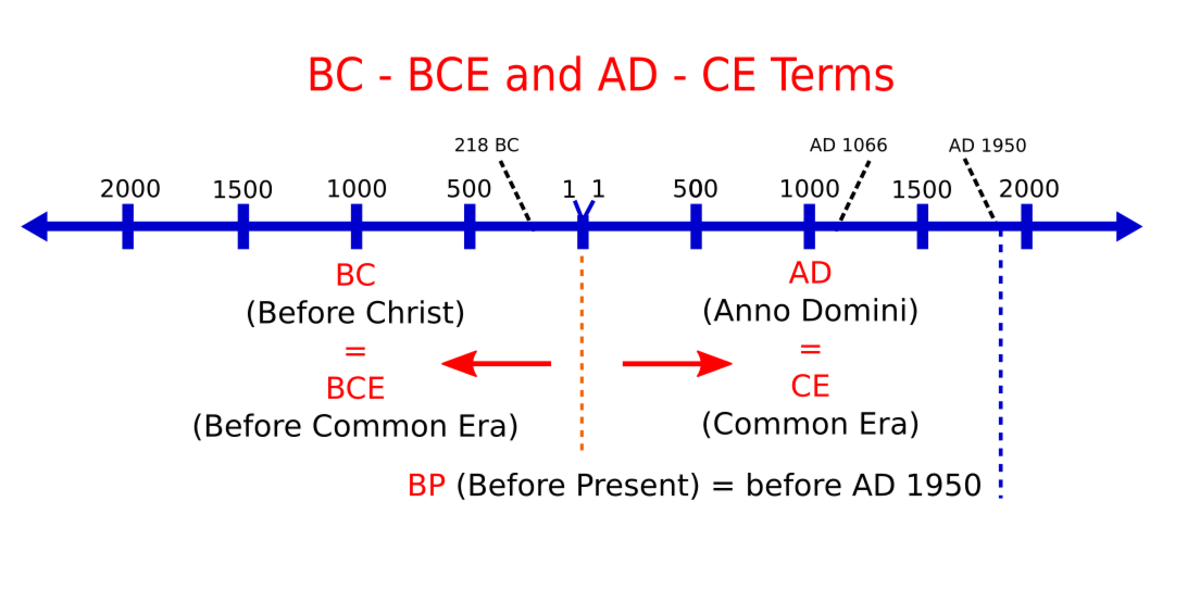RECONCILED TO THE GOD AND FATHER OF OUR LORD JESUS CHRIST

Colossians 1:3-10 “3 We give thanks to God and the Father of our Lord Jesus Christ, praying always for you, 4 Since we heard of your faith in Christ Jesus, and of the love which ye have to all the saints, 5 For the hope which is laid up for you in heaven, whereof ye heard before in the word of the truth of the gospel; 6 Which is come unto you, as it is in all the world; and bringeth forth fruit [What brings forth fruit? Vs. 5, the gospel], as it doth also in you, since the day ye heard it, and knew the grace of God in truth: 7 As ye also learned of Epaphras our dear fellowservant, who is for you a faithful minister of Christ; 8 Who also declared unto us your love in the Spirit. 9 For this cause we also, since the day we heard it, do not cease to pray for you, and to desire that ye might be filled with the knowledge of his will in all wisdom and spiritual understanding; That ye might walk worthy of the Lord unto all pleasing, being fruitful in every good work, and increasing in the knowledge of God [Greek = epignosis; which means experiential knowledge, or realization]"
In verse10, Paul prays that believers would walk worthy of the Lord, being fruitful, and for growth in the realization of God. The previous verses state that it is by our coming to knowledge of the truth that we walk worthy of the Lord, are fruitful, and have growth in the realization of God. Indeed, these operations are carried out via the gospel being believed. God would have us become acquainted with Him effectively and deeply, as He is presented as the Father of our Lord Jesus Christ. Hence, Paul precedes his prayer for the realization of God Himself by reference to the realization of God’s grace (verse 6) and the realization of God’s will (verse 9), both of which relate to the good news from God about His Son Jesus Christ.
God’s grace is made known to us in the gospel which declares that Christ died for our sins, was buried and has been raised (1Corinthians15:3, 4). We were sinners justified freely in God’s grace, through the deliverance which is in Christ Jesus (Romans 3:23, 24). In grace, through faith, are we saved, and this is not out of ourselves; it is a gift from God, not of works, lest anyone should be boasting (Ephesians 2:8,9). The gospel of grace tells us that God gives and we receive. It declares that God acts and we are blessed.
God’s will is similarly revealed in the message of Christ’s death for sinners. God wills that all mankind be saved and come into a realization of the truth (1Timothy 2:4). Hence God counseled (intended) the death of His Son (Acts 2:23; 4:27, 28), sparing Him not, but giving Him up for us all (Romans 8:32). Not only was this God’s intention, but because of the glorious results of the cross it was God’s will, as the Lord Jesus indicated in Gethsemane (Matthew 26:42).
We cannot grasp the riches and power and glory of God’s grace or perceive the righteousness and wisdom and love of His will as they are manifested in the death of His Son apart from seeing their results. His will involves the giving up of His Son to death in light of the good it would achieve (and it alone could achieve) in blessing and realization. This good news is expressed most strikingly in the next several verses of Paul’s outstanding hymn of praise:
- Colossians 1:13-20: “13 Who hath delivered us from the power of darkness, and hath translated us into the kingdom of his dear Son: 14 In whom we have redemption through his blood, even the forgiveness of sins: 15 Who is the image of the invisible God, the firstborn of every creature: 16 For because of him were all things created, that are in heaven, and that are in earth, visible and invisible, whether they be thrones, or dominions, or principalities, or powers: all things were created on the basis of him, and because of him: 17 And he is before all things, and by him all things consist. 18 And he is the head of the body, the church: who is the beginning, the firstborn from the dead; that in all things he might have the preeminence. 19 For it pleased the Father that in him should all fulness dwell; 20 And, having made peace through the blood of his cross, by him to reconcile all things unto himself; by him, I say, whether they be things in earth, or things in heaven.”
In this marvelous passage Paul sings of Christ, of Whom God is the God and Father, and in Whom all are reconciled to God (Colossians1:13-20). This hymn speaks of Christ in relation to God three times. First of all He is the Son of God’s love (1:13). Then He is the Image of the invisible God (1:15). And finally He is the One in Whom the entire complement [of the Deity] delights to dwell (1:19). Colossians 1:19, 20 is the climax of this hymn. All else leads forward to this conclusion. Christ reveals God as the One Who brings estrangement and enmity and evil itself to an end by means of one astounding act at the cross.
Thus the apostle begins with reference to the Son of God’s love, and he ends with reference to the blood of His cross. Colossians 1:15 also involves a similar connecting of good with Christ’s death, for the deliverance which we have in Christ is through His blood (Ephesians1:7) in God’s grace for sinners (Romans 3:24). So also the phrase “pardon of sins,” in a remarkable condensation of thought joins the truth of justification through the blood of Christ and conciliation through the death of Christ expounded in Romans 5:1-11. Such a direct relating of God’s love for His Son with the death of His Son seems wholly incongruous. God not only associates His will with the death of His Son, but He associates His love with the cross; however, this is beyond hope of realization, unless we see the glorious purpose of the cross.
We have been chosen and called into this grace, delivered from sin and death into righteousness and life by Christ’s death and resurrection. We have been reconciled to God. Christ accomplished this for us by His obedience to the death of the cross (Philippians. 2:8-11).
In Colossians 1:21, 22 Paul finishes his hymn recounting the glories of Christ, ending with Christ as the One through Whom God reconciles all to Himself. Now he turns back to the “brethren in Christ” (1:2), and addresses us personally:
- “21 And you, that were sometime alienated and enemies in your mind by wicked works, yet now hath he reconciled 22 In the body of his flesh through death, to present you holy and unblameable and unreproveable in his sight:”
All the requirements for reconciliation are accounted for. There is estrangement and enmity. That is the sorry but necessary contribution we have made to the process. There is the death of God’s Only Begotten Son. And there is the God and Father of Christ Whose will and delight is to bring us to Himself in realization and appreciation of Himself. What God intends the blood of Christ’s cross to accomplish for all who are estranged from Him, He has already granted to us. What we have now is based on what Christ has gained for all. In seeing the certainty and the grace of this peace which we have received on the basis of Christ’s death for us, and in “persisting” in this faith (Colossians1:23) we will surely be experiencing much of this reconciliation today.
This is the basis of the believers’ assurance and walk in these present times of uncertainty and struggle. We believe this good news which says that God has doomed the estrangement of His creation through the death of His beloved Son. And in believing this our hearts are consoled (Colossians 2:2) and our faith stabilized (2:5).
In such a context of grace and peace, how can thoughts of everlasting enmity and separation be introduced and sustained? God’s will in sending the Son of His love to die for His enemies is specifically directed to their reconciliation with Him. Our faith is centered on the certainty of this reconciliation for ourselves. No matter how contradictory what we see and experience in the flesh may be to this gospel, we believe it and, in God’s grace, are becoming grounded and settled in assurance and thanksgiving. Our reconciliation to God is certain because Christ has made peace for all through the blood of His cross.
The message is so simple. God has not based His work of reconciliation on human requirements. It is a work of grace. And God has not entrusted the work of reconciliation to a group of intermediaries but to Christ alone, Who has done the work by putting enmity to death in His death.
This work of Christ at the cross is brought before us not only in Colossians 1:20 (“the blood of His cross”) and 1:22 (“by His body of flesh, through His death”), but again in Colossians 2:14, 15, when the apostle speaks of hostility of “sovereignties and authorities.” Concerning this hostility, the apostle assures us that God nailed it to the cross, “stripping off the sovereignties and authorities, with boldness He makes a show of them, triumphing over them in it.”
According to Colossians 1:23, if we believe that we have been delivered from estrangement and enmity by the death of Christ and have been brought into reconciliation by His blood, apart from our own works, and we persist in this faith, we will be experiencing this reconciliation even now. And we are thanking the God and Father of our Lord Jesus Christ for His glorious triumph in the cross of Christ.








